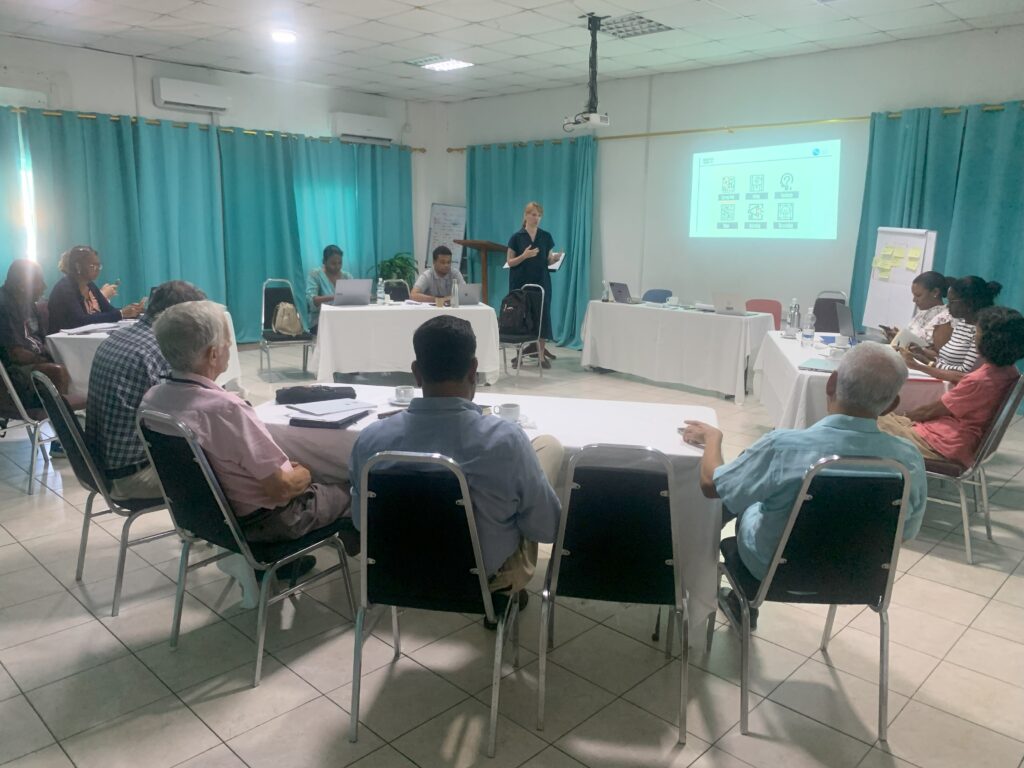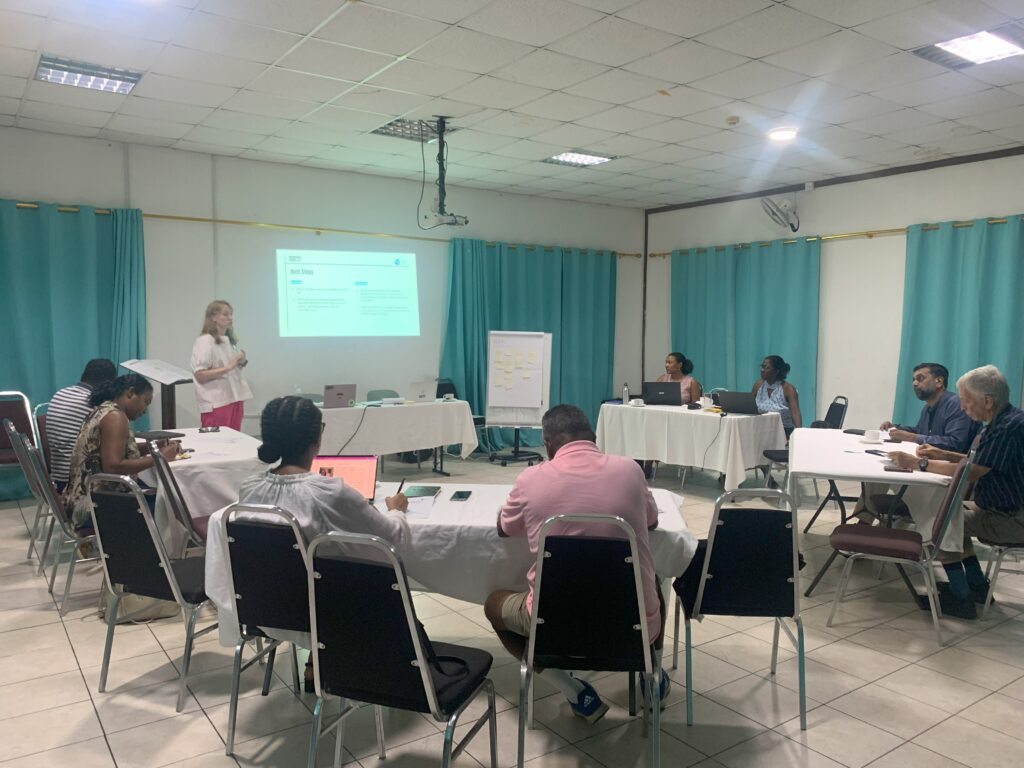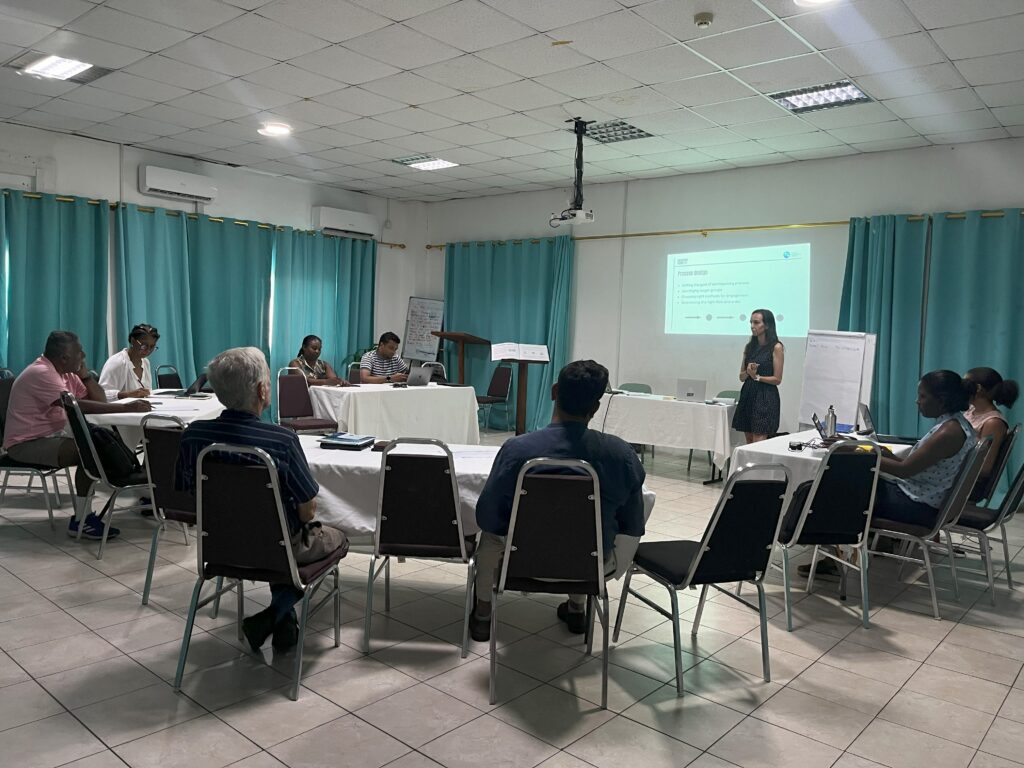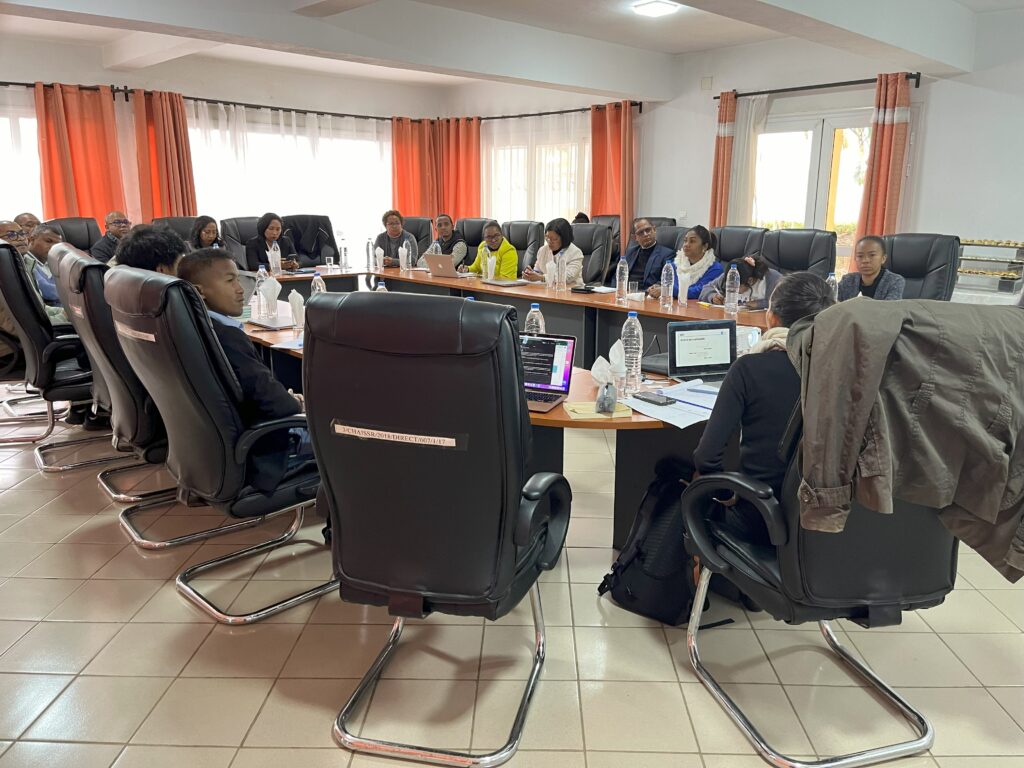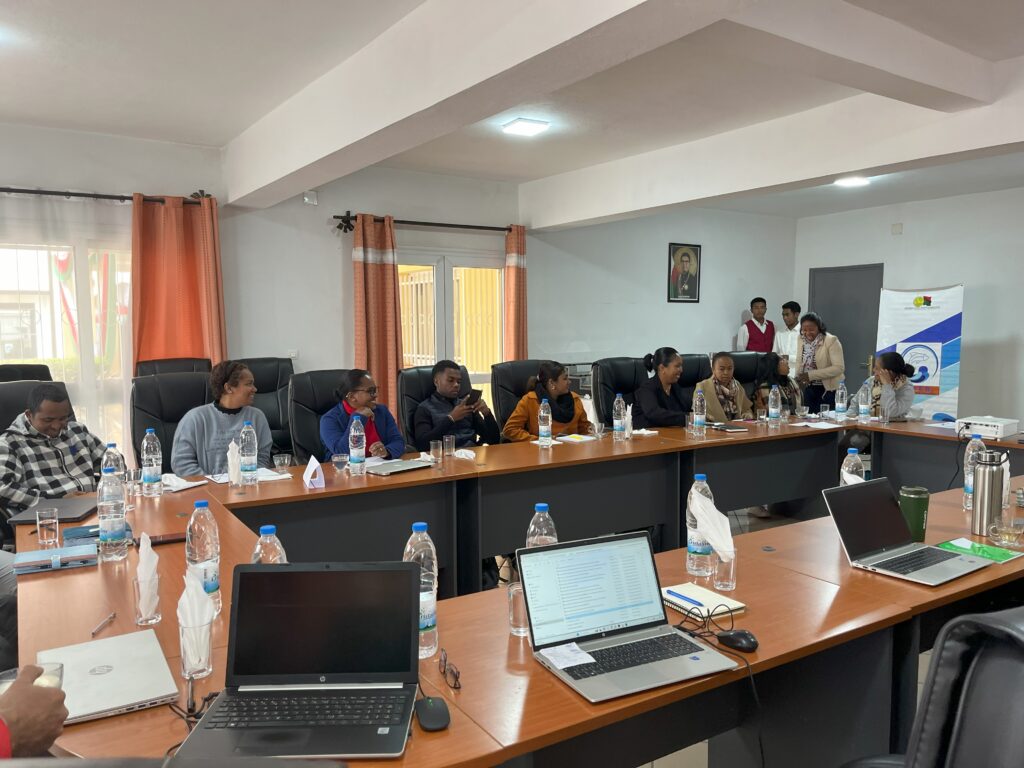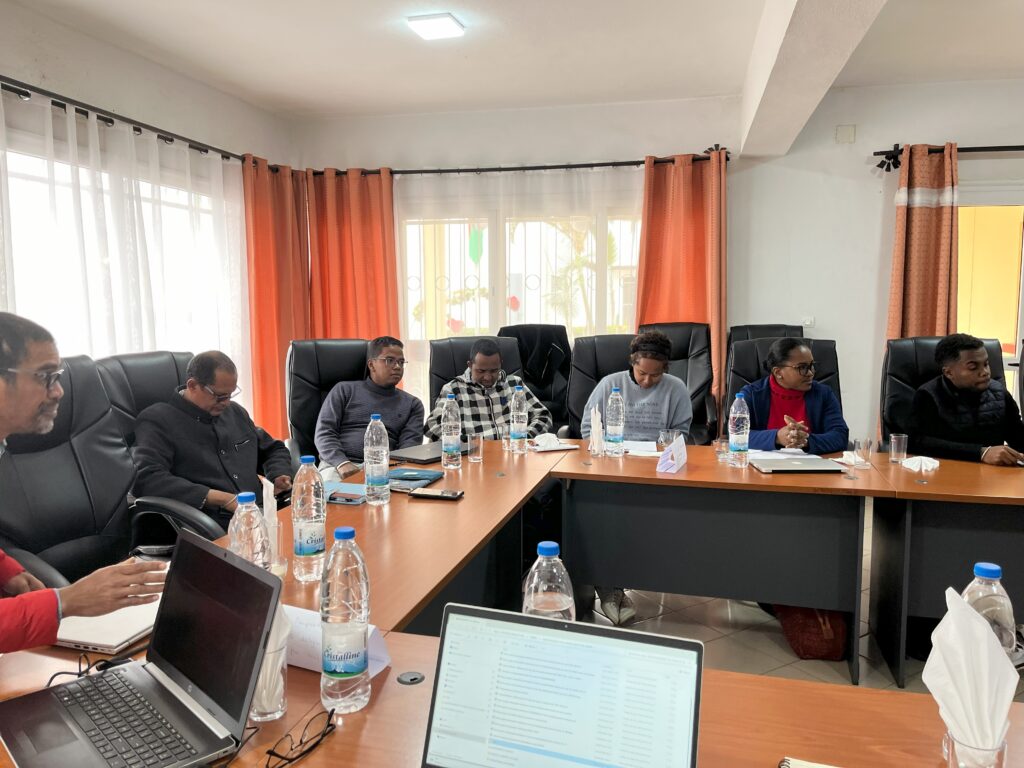Pilot project aims to improve participation in Seychellois & Malagasy fisheries
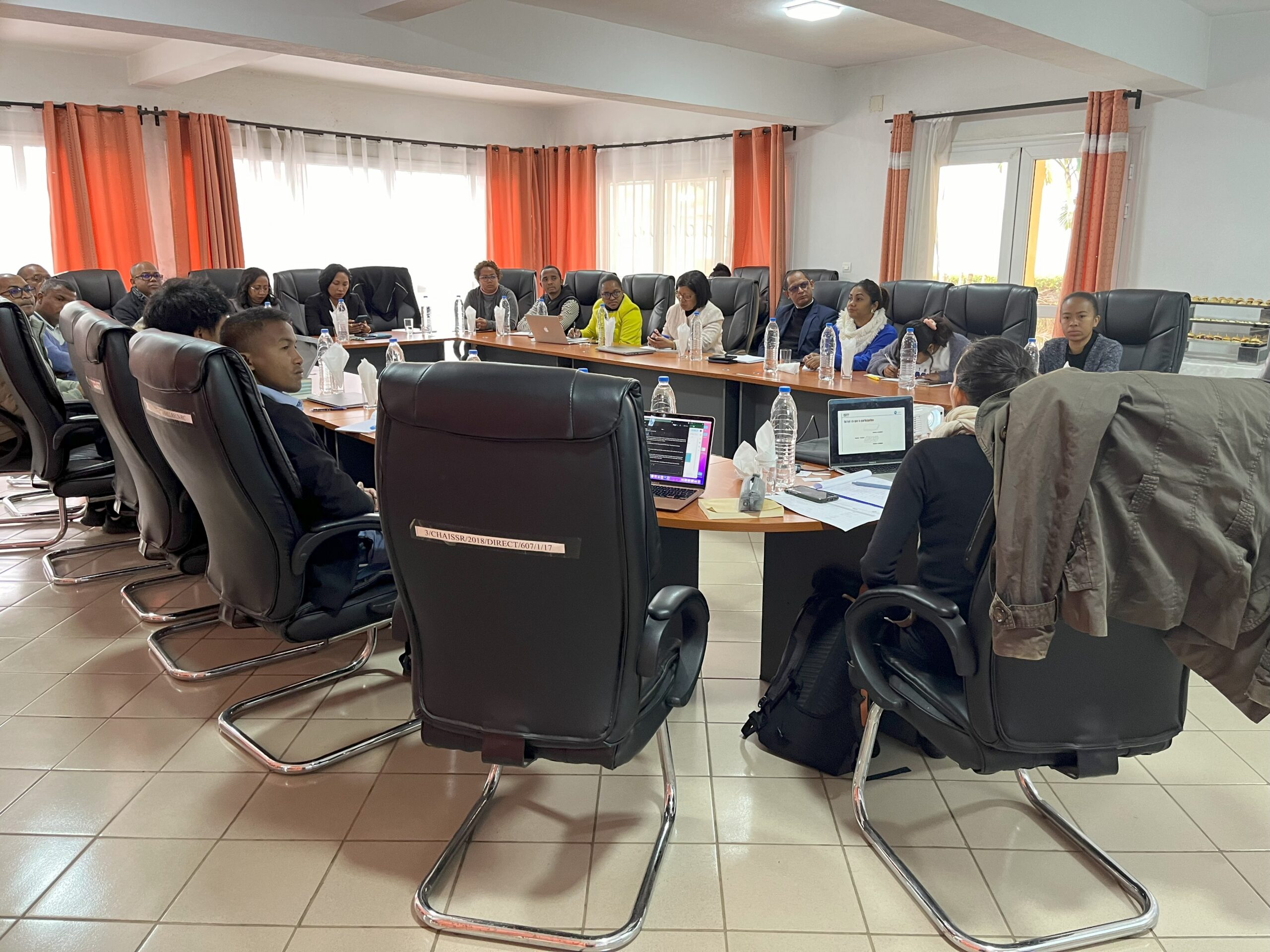
The Fisheries Transparency Initiative (FiTI), People Powered and Participation Factory recently concluded two workshops as part of their joint pilot project aimed at improving participation in Seychelles’ and Madagascar’s fisheries management. The multi-day workshops were presented by Participation Factory’s Katya Petrikevich, Co-Founder and Director of International Projects, and Anna Wien, Managing Director. Held in Victoria, Seychelles and Antananarivo, Madagascar, these events are part of a pilot project engaging local stakeholders from government, industry and civil society.
The event in Victoria centered around collaborative efforts, with activities designed to create a shared vision for participation in fisheries transparency and to develop actionable recommendations. Initial sessions focused on ensuring attendees understood the goals of fisheries transparency, before moving on to review pre-identified recommendations. Participants refined these recommendations in small groups, focusing on overall goals, targets and indicators, and received training on standards of quality participation.
The process led to several specific recommendations, including:
- the need for improved cooperation and coordination of national governmental institutions around policy-making, including coordinated data-sharing;
- greater stakeholder and community engagement in policy-making, with ideas for systematic engagement and different platforms;
- and a participatory national vision for the fishery sector that would both inform the national strategy and constitute one of its key pillars.
Participants also discussed how the FiTI National Multi-Stakeholder Group (MSG) could broaden engagement to include academia and youth organizations.
A significant discussion demonstrated how the fishing sector is interconnected with all aspects of Seychellois life, leading to an agreement that the National MSG should actively promote the role of fisheries in Seychelles. Revising the National MSG’s vision, participants stressed the need for the fishing sector to maximize benefits for the Seychellois economy and local population, increasing their sense of ownership, shared responsibility and pride in the fishing sector. Several participants made personal commitments to improving participation, ranging from pledging to be more active in the National MSG’s work, to starting conversations with colleagues in academia and at the Seychelles Fishing Authority.
National government representatives also received additional training covering the basics of participation and civic technology, as well as the standards of participatory projects. They explored the tools needed to implement effective participatory initiatives and offered valuable insights into their own internal processes and plans, which will aid the implementation of these recommendations. The representatives also discussed next steps, with future training sessions and expert support workshops set to continue online.
The event in Antananarivo was dedicated to developing a shared vision for the state of fisheries in Madagascar, and participants worked together to identify the role of participation within this vision. They refined and expanded upon pre-designed recommendations, including:
- maintaining the continuity of a structured and legal dialogue framework;
- establishing a Stakeholder Platform as a cornerstone for effective collaboration and synergy at all levels;
- transposing the dialogue framework to the local level to ensure communities are involved in policy development and implementation; and
- creating a strategy to improve stakeholders’ access to accurate and validated information for informed decision-making and accountability.
Participants identified existing institutions and policies that could be leveraged to achieve their vision and implement these recommendations – such as formalizing the role and functions of the National MSG within the national framework – and discussed concrete milestones and indicators to measure progress. Finally, workshop attendees received advanced training on participation best practices and standards, aimed at equipping participants with the skills necessary to effectively implement these recommendations. Future sessions and expert workshops are planned in an online format.
The outcomes of these workshops represent an important step towards increasing the FiTI’s impact on sustainable marine fisheries and to contribute towards creating a more inclusive policy-making environment in Seychelles and Madagascar. While both countries have made advancements in public access to fisheries information, it has also shown that an increase in public information does not directly lead to more (non-governmental) stakeholder involvement in public policy making. Furthermore, while calls for participation are often and manifold, these calls are not always clearly defined regarding its purpose, why an increase in participation is seen as beneficial or who should be involved in such participatory processes in fisheries (see also FiTI’s tBrief #9 – FROM TRANSPARENCY TO PARTICIPATION: An elusive relationship?)
The outcomes and lessons learned from this pilot project are intended to serve as a guide for future interventions in the fisheries sector and elsewhere.
